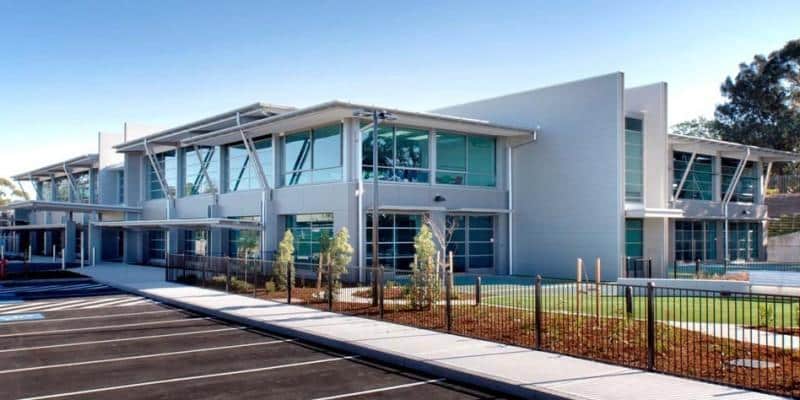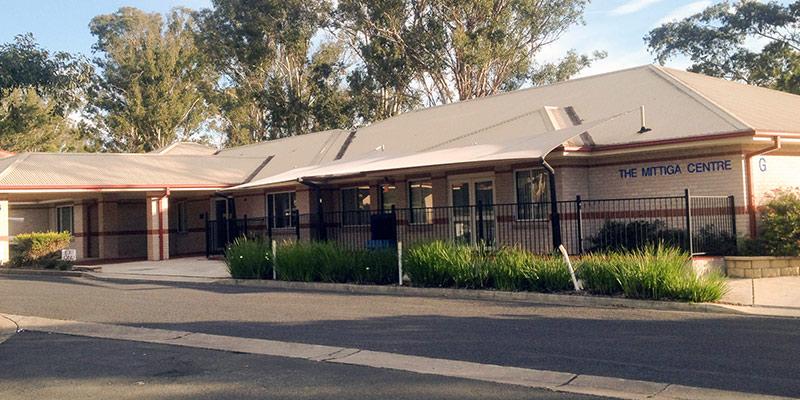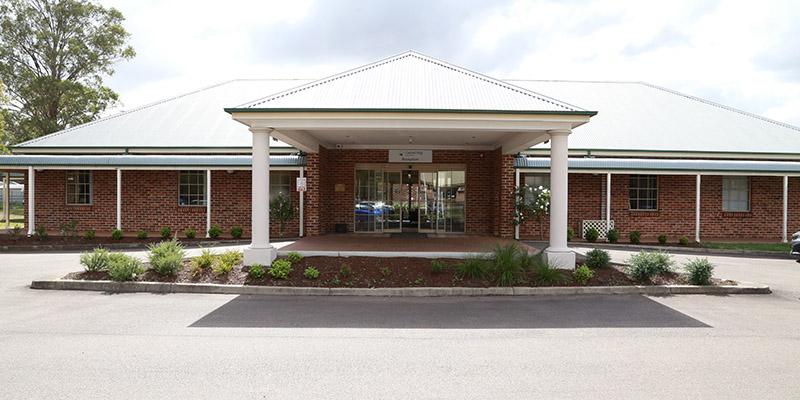Runs On | Time | Suitable For |
|---|---|---|
| Weekly On Monday | 3:45 pm - 5:15 pm | 7-16 years |
Runs On | Time | Suitable For |
|---|---|---|
| Weekly On Wednesday | 4:50 pm - 5:30 pm | 3-18 years |
Frame Running (Race Running) is an innovative sport designed for kids through to adults with a disability who have impaired balance and are unable to functionally run.
Participating in Frame Running provides each individual the freedom to move and run in a supported and balanced way without a walker, wheelchair or similar device.
The frames are individually adjusted and fitted to the needs of each person so they can participate confidently and independently in activities with their friends while building core strength and stability.
The program is a great opportunity for participants to not only reach their fitness and sporting goals but also improve their social and community participation through engaging in group sessions with like-minded friends.
Contact us directly or complete the form below to enquire.
Contact us directly or complete the form below to enquire.



This service can be funded by your NDIS package
"*" indicates required fields
We will respond as soon as possible, between Monday-Friday 9:00am - 5:00pm
Infants 12 months or younger are eligible if they have the following:
Risk factors include (but not limited to) prematurity, birth defects, genetic conditions, intrauterine growth restriction, hypoxia-ischaemia, seizures, neonatal stroke, infection
This might include abnormal General Movements, very low scores on standardised assessment (e.g. below 10th percentile on AIMS), poor head control after 3 months, hand asymmetry after 4 months, not able to take weight through feet after 5 months, not sitting at 9 months.
Priority will be given to infants who have not previously seen a neurologist.
Infants 12 months or younger are eligible if they have the following:
Risk factors include (but not limited to) prematurity, birth defects, genetic conditions, intrauterine growth restriction, hypoxia-ischaemia, seizures, neonatal stroke, infection
This might include abnormal General Movements, very low scores on standardised assessment (e.g. below 10th percentile on AIMS), poor head control after 3 months, hand asymmetry after 4 months, not able to take weight through feet after 5 months, not sitting at 9 months.
Priority will be given to infants who have not previously seen a neurologist.